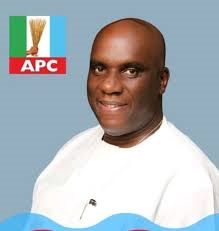A recent statement by Labour Party presidential candidate Peter Obi has been met with criticism for its “half truths, blatant distortions, and misinformation” about Nigeria’s economic situation. Obi’s comments were described as a “warped conclusion” that blamed the All Progressives Congress (APC) government for the country’s economic crisis.
In response, it was pointed out that Nigeria’s economic decline began under the Peoples Democratic Party (PDP) administration, with GDP growth plummeting from 7.98% in 2010 to 2.79% in 2015. The country’s economic challenges have been exacerbated by global factors such as the oil price crash, geopolitical tensions, climate change, and the COVID-19 pandemic.
Despite these challenges, the current administration has made efforts to tackle poverty and unemployment through diversification, infrastructure development, social welfare programs, and agricultural revolution. The government’s initiatives have attracted over $20 billion in investment, recorded a trade surplus, and increased foreign reserves.
Obi’s criticism was seen as “selfish political desperation” and “jaundiced analysis” that ignored the complexity of Nigeria’s economic challenges. He was accused of being a “loquacious and disruptive backseat driver” who has assigned himself the role of an “embittered loser and spoiler.”
The statement concluded that President Tinubu remains focused on building a prosperous economy for Nigeria, despite the challenges, and that collective patriotic collaboration is needed to tackle the country’s economic hardship.










